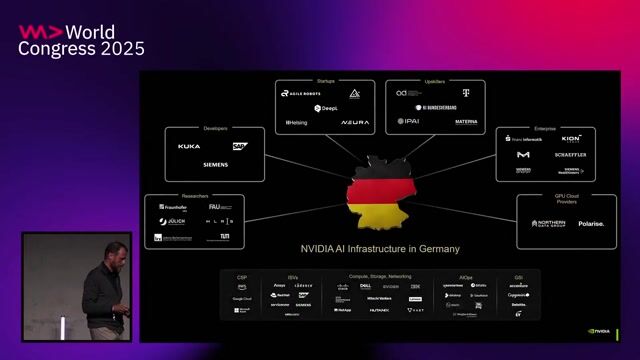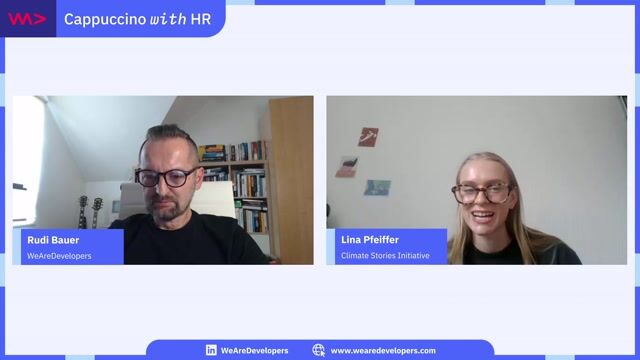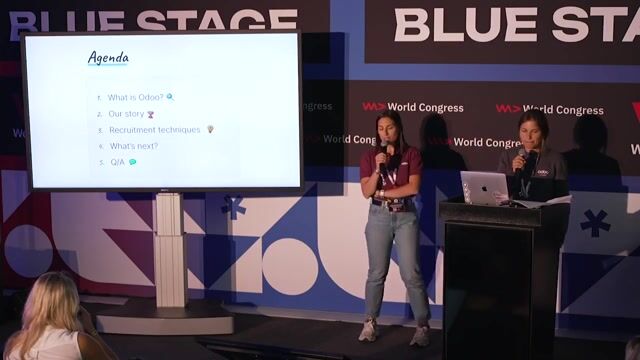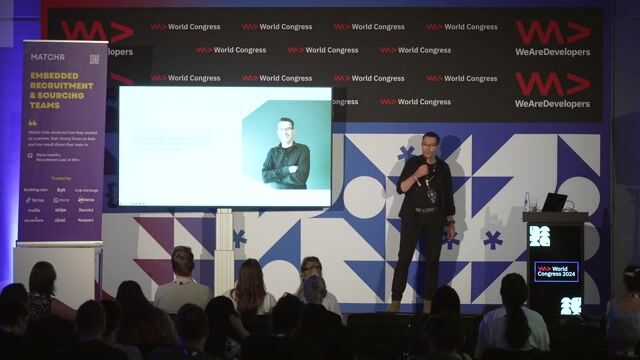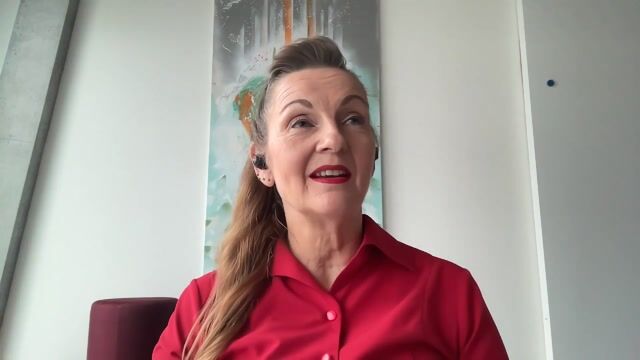Job offerPostdoc in Bayesian Methods and Transfer Learning in Cognitive Neuroscience
Role details
Job location
Tech stack
Job description
Python Programmiererfahrung High-Performance-Computing CAN Support Data-Analysis MS Access Mobile App Open Source Engagement Flexibilität
Stellenbeschreibung
The School VI of Medicine and Health Sciences comprises the fields of human medicine, medical physics and acoustics, neurosciences, psychology and health services research. Together with the four regional hospitals, School VI forms the University Medicine Oldenburg. Furthermore, the university cooperates closely with the University Medicine of the University of Groningen.
This position is part of the DFG-funded project 'Bayesian Transfer Learning for Enhancing Brain-Behaviour Predictions in Small fMRI Samples' (PI: Dr Carsten Gießing). The project investigates how knowledge from large neuroimaging datasets can be transferred to smaller samples using Bayesian approaches and graph-theoretical models of brain connectivity. Applications include predicting attentional performance and the effects of drugs in pharmacological fMRI studies.
Ihre Aufgaben
- Designing, programming and implementing Bayesian analyses of fMRI connectivity and graph-theoretical brain network models
- Developing and validating methods for transfer learning and latent change score models
- Contributing to the development of an open-source Python toolbox for brain connectivity that supports the integration of Bayesian priors
- Preparing scientific publications and presenting results at international conferences
- Collaborating with project partners, including Prof. Christiane Thiel (Psychopharmacology) and Prof. Andrea Hildebrandt (Statistical Modelling)
Requirements
- Completed university studies (Diploma or Master's degree) and a PhD in psychology, neuroscience, statistics, computer science, mathematics, physics or a related field
- Proven expertise in statistical methods, both theoretical and applied, with experience in multivariate statistics
- Strong programming skills, preferably in Python and/or R
- Excellent spoken and written English,
- Experience in analysing neuroimaging data (preferably fMRI), particularly connectivity analyses (including dynamic methods)
- Knowledge and practical experience in Bayesian data analysis
- Familiarity with latent variable models, * Bachelor
Benefits & conditions
- Participation in an interdisciplinary research environment at the School VI of Medicine and Health Sciences, Carl von Ossietzky University of Oldenburg
- Access to state-of-the-art neuroimaging facilities (e.g. MRI and MEG) and high-performance computing resources
- Opportunities to collaborate on DFG-funded programmes such as META-REP and GRK Neuromodulation
- Payment in accordance with collective bargaining law (special annual payment, public service pension scheme, asset-related benefits) incl. 30 days annual leave
- Support and guidance during your onboarding phase
- A family-friendly environment with flexible working hours (flexitime) and the possibility of pro-rata mobile work





